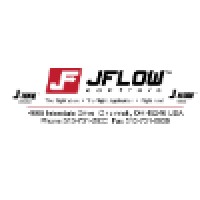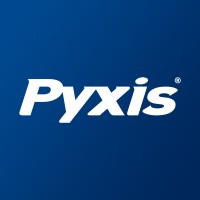
JFlow Controls
JFlow Controls is headquartered in Cincinnati, Ohio with an extensive representative network throughout the U.S. and abroad. We offer a wide range of valves including: Standard two-piece ball valves and three-piece ball valves Customized 3-way ball valves and 4-way ball valves Top entry valves Trunnion Valves Floating flanged valves Tri-clamp sanitary cavity filled and non-cavity filled valves Specialized products including Alloy material three piece, flanged and three-way valves, steam rated ball valves, metal seated valves and control valves The J Flow Controls management team has over 20 years of experience in offering customized project packages in all ranges of the industrial PVF market. Our customers include firms within a wide range of industries including: Oil & Gas Chemical Power Generation Semiconductor Bio Fuel/Ethanol Water & Wastewater Food & Beverage Marine Pharmaceutical Heating, Ventilating & Air Conditioning J Flow Controls offers unique pattern designs with fully traceable raw materials; spectroscopic testing of castings and numerically controlled machining. All valve components are inspected to international standards after assembly. The valves are fully tested to API 598. The manufacturing process is committed to the ultimate in close tolerance production allowing us to guarantee high quality, high cycle and flexibility in materials to meet our customer’s demands.






